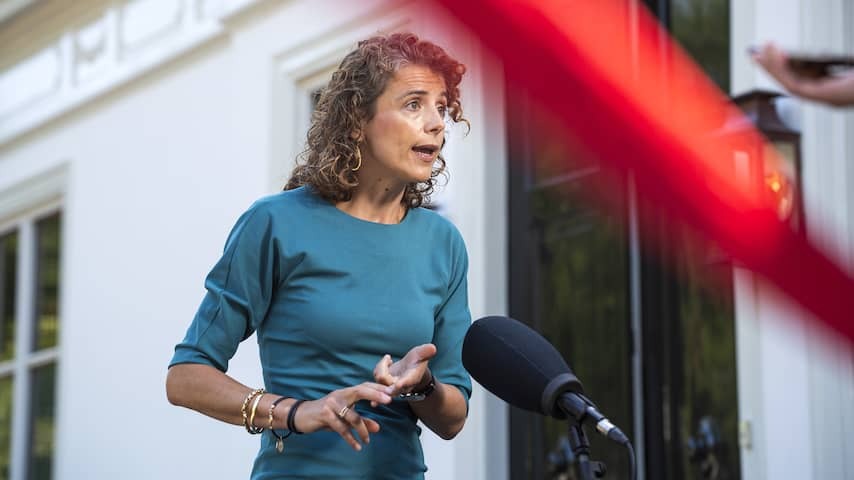
Of the binding sustainability agreements that the outgoing cabinet hoped to make with thirty industrial companies, only a small portion will actually materialize. Talks with many major emitters have stalled.
After three years of talks, discussions on climate agreements have “yielded many lessons and insights,” outgoing Climate Minister Sophie Hermans wrote to the House of Representatives on Monday. But the results are coming “less quickly than expected.”
The cabinet often negotiated with foreign headquarters, which look at where their investments are most profitable. Because the Netherlands has high energy and environmental costs, other countries are often more attractive to multinationals, according to Hermans. The discussion about the necessary infrastructure for electricity and hydrogen also plays a role.
Furthermore, Hermans writes that several companies have not made their plans concrete enough to be granted a subsidy. This applies, for example, to oil companies Shell and BP and the Saudi chemical giant SABIC.
Only one company, salt producer Nobian, has actually signed a binding tailor-made agreement. Sugar manufacturer Cosun is also close to such an agreement, and talks are still ongoing with six other companies.
The most important of these is steel manufacturer Tata Steel. On Monday, it presented detailed plans to save more than 4 million tons of CO2 per year by partly switching from coal to natural gas. According to the company, this step is not possible without state aid. Therefore, “intensive negotiations” are taking place, and the European Commission is now also at the table, Hermans writes.
Climate goals under pressure
The plan to make climate agreements with the largest emitters originally came from the Rutte IV cabinet. The agreements were intended to deliver two million tons of CO2 emission reduction in 2030, in addition to the reduction that already came from other policies. That amount will now not be achieved.
This puts further pressure on the climate goals for 2030. These had already disappeared from view, according to calculations by the Netherlands Environmental Assessment Agency. Hermans presented a limited package of additional measures, but these are also under pressure. For example, a right-wing majority in the House of Representatives wants to abolish the CO2 tax for industry.
Hermans is not throwing in the towel yet and says she will continue to look at subsidies for sustainability projects that will only be completed after 2030. “The cabinet wants to keep the door open and remain in conversation with companies,” she writes.